Culinary Class Wars: the hit show that redefined Korean cuisine
The cooking reality show on Netflix ignited global interest in Korean food and gave a much-needed lift to the struggling F&B industry
THE Netflix series Culinary Class Wars has taken the global food scene by storm, bringing the vibrant culinary culture of Korea into the spotlight. According to Netflix’s website, the reality cooking show has amassed over 17.5 million views since its debut in September. Not only has it ignited global interest in Korean cuisine, it has also transformed not just the lives of the chefs involved in the show, but also the restaurant industry as a whole.
Origin story
Culinary Class Wars may have seemed like a curious title to non-Koreans, but it was exactly about that – social status. The cooking showdown pitted “white spoons” or well-established chefs, against “black spoons” – skilled but relatively unknown chefs.
In South Korea, the term “spoon” is a commonly used metaphor in commentary about socioeconomic status. “Spoon class theory” describes opportunities and privileges available to different demographics. Much like the idiom “born with a silver spoon in the mouth”, people from wealthy backgrounds are described as having gold, silver or even diamond spoons.
They are deemed to have access to higher education, connections and career opportunities, often inherited from previous generations. Many second and third generation chaebol are referred to as diamond spoons. In contrast, lower grade “spoons” such as the black spoons in the show, come from lower socioeconomic backgrounds without the same privileges, making their journeys to success more challenging.
These terms are widely used in South Korean culture, especially as discussions about economic inequality and social mobility have become more prominent. This imagery in Culinary Class Wars, not to mention the victory of a black spoon over the white spoons – hence earning the right to be referred to by his real name instead of a nickname – resonated deeply with a large audience in South Korea.
Serious cooking, not a circus
With his reputation as the chef of South Korea’s only three-Michelin-starred restaurant, Mosu, co-judge Anh Sung-jae initially turned down the opportunity to be on the show. Known for his skill and emphasis on food integrity, he had strong reservations about TV cooking competitions prioritising entertainment over art.
Navigate Asia in
a new global order
Get the insights delivered to your inbox.
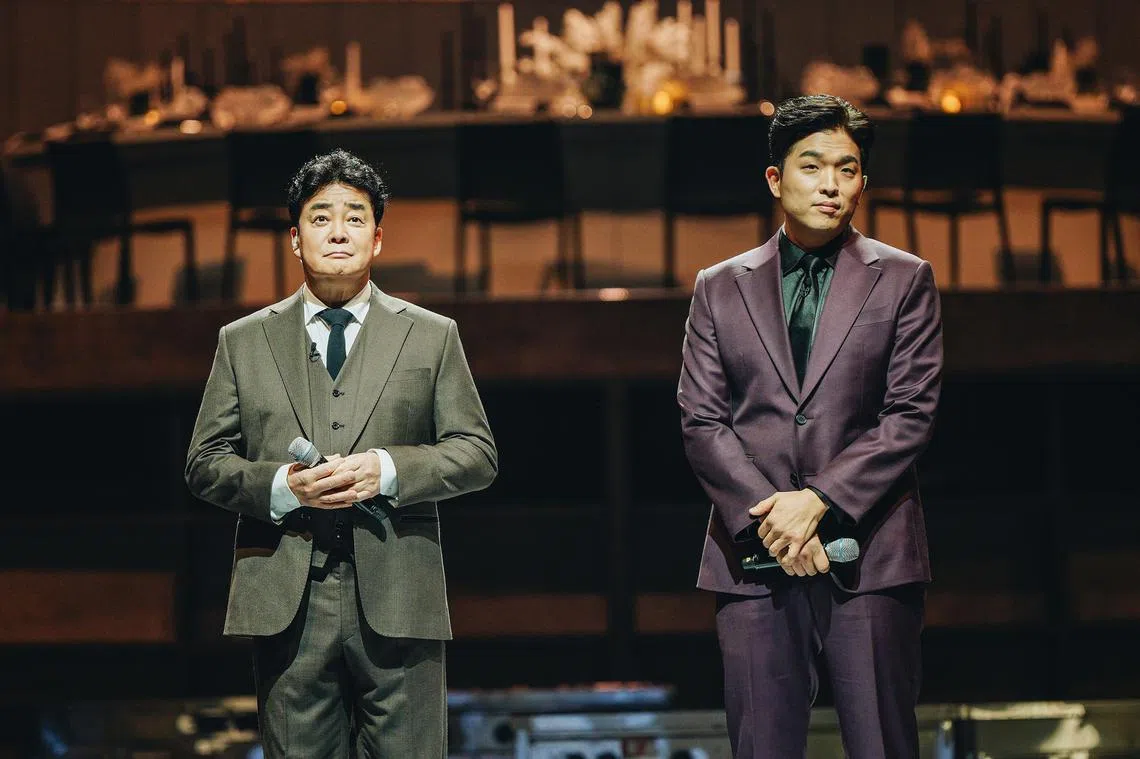
“When I think of food-related shows in Korea, they often focus on simplified recipes and ‘chef-tainers’,” he says.
Not wanting to compromise his values, he said no to Netflix when the network approached him. When it persisted, he insisted on two conditions: First, that the show honoured the craft of cooking and respected chefs as professionals; second, that he would retain his authentic self as a judge rather than “perform” for the camera.
“I wanted this programme to have a positive impact on the industry. Chefs have to maintain their livelihoods. If they’re putting themselves out there, the show should respect their craft and career.”
To his relief, Netflix agreed. And Anh – whose restaurant was already closed for relocation hence leaving him time to take part – was catapulted into the spotlight overnight. So too his co-judge Paik Jong-won, a popular restaurateur and food personality in Seoul.
A life-changing experience
The most rewarding aspect of the show for Anh, he says, is seeing it broaden public curiosity and cultivate a culture where more people are eager to experience and understand the restaurant industry.
“The show has done an excellent job,” he says. “People are reaching out, asking questions and showing a new level of interest in fine dining.”
He feels it became a natural gateway for viewers to understand the complexities of high-end cuisine and fine-dining culture. It also sparked a shift in the perception of cooking among young viewers.
“They see chefs as inspiring, and cooking as an interesting, respected profession – that’s huge.”
In fact, the show’s influence has extended beyond the screen, creating a positive cultural shift that celebrates the dedication and creativity of chefs in South Korea.
Anh, who is planning for the reopening of Mosu in February 2025, is excited about the upcoming second season of Culinary Class Wars and the opportunity to discover new culinary talent and promote South Korea’s dining industry on a global level. It has yet to be confirmed if he will be judging the next competition as well.
Meanwhile, for the show’s contestants, life is no longer the same.
Finalist Kang Seung-won, better known as “Triple Star”, like Anh, also declined to take part at first. But with the food and beverage (F&B) industry going through tough times at the end of last year, he saw it as a chance to promote his restaurant and reconnect with his passion.
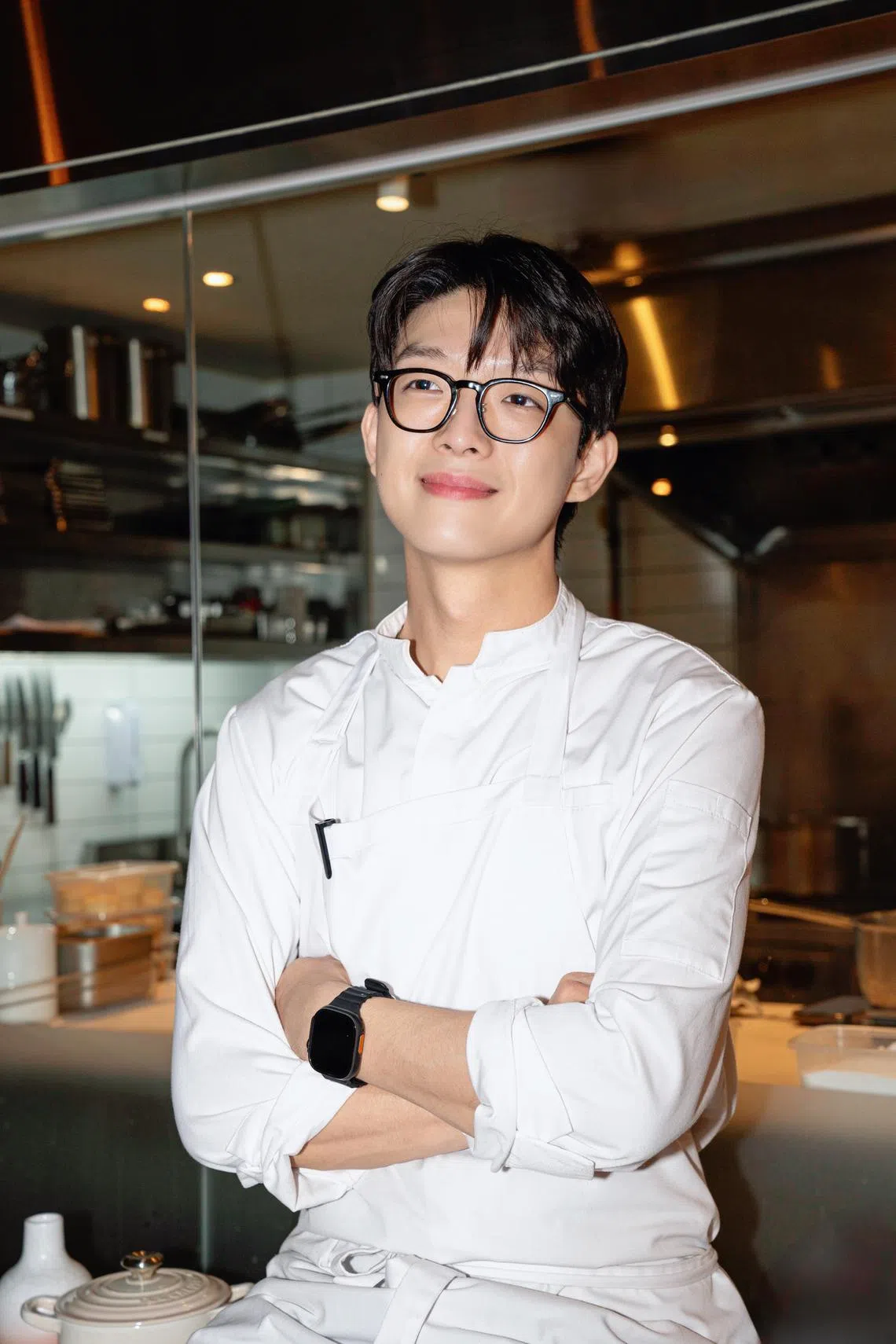
“The industry was struggling, and I felt it was a chance to gain some momentum,” says Kang, who had also become disillusioned with his craft.
Once he was on the show, “I realised how much there was to learn and how isolated I had been”, he recalls. He soon became fast friends with other contestants, especially Yoon Nam-no (Cooking Maniac), Song Ha-seulam (Side Dish Chef), and Kim Taesung (Hidden Genius).
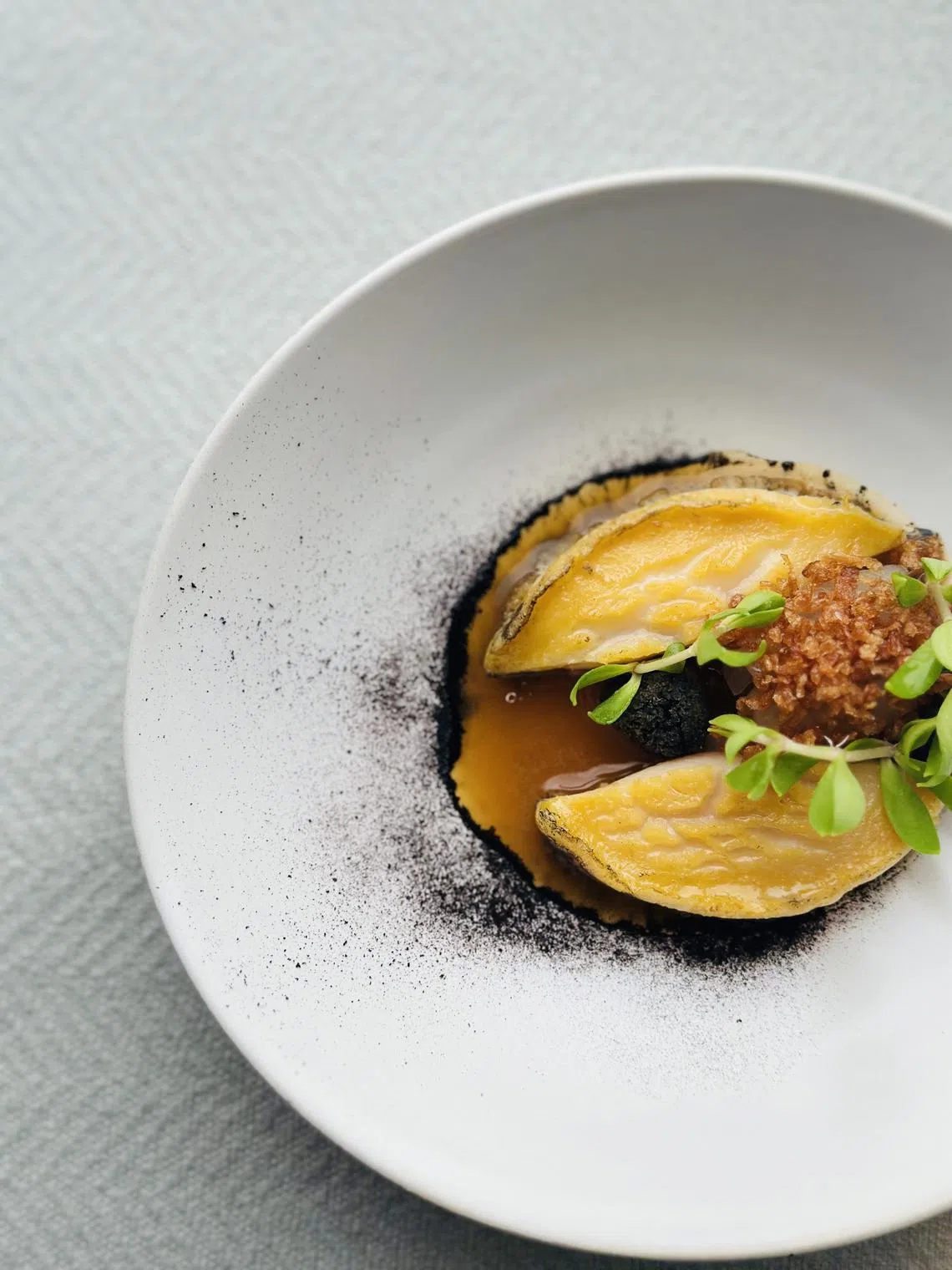
Business at his restaurant Trid exploded. “We open reservations a month at a time and next month is fully booked.” He’s also often recognised on the street and been stopped for autographs. “It’s still a bit surprising,” he admits.
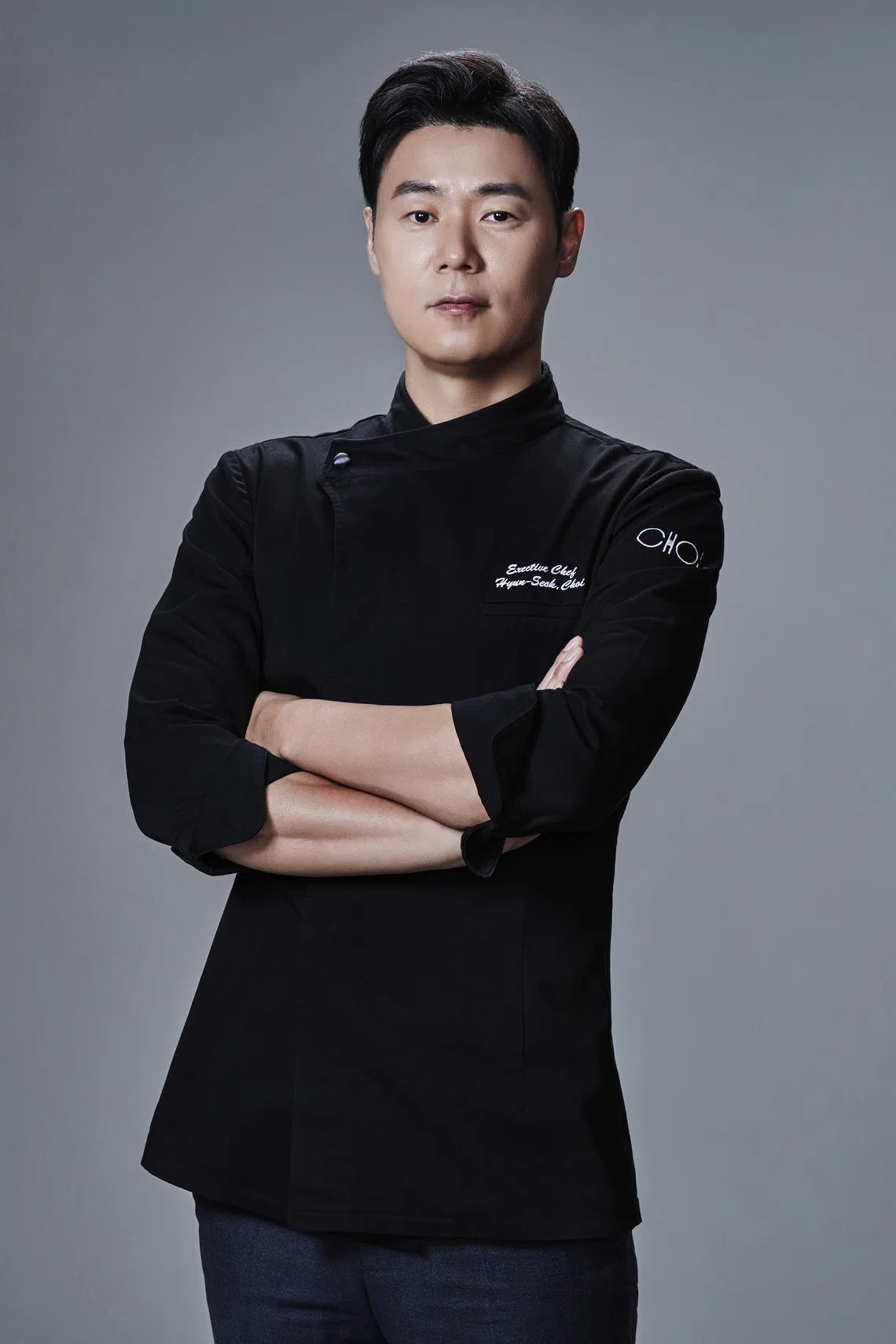
White spoon chef Choi Hyun-seok saw the series “as a catalyst to revive the culinary scene”, as the past year has seen a downturn in the Korean restaurant industry, which has been struggling in the wake of the global pandemic.
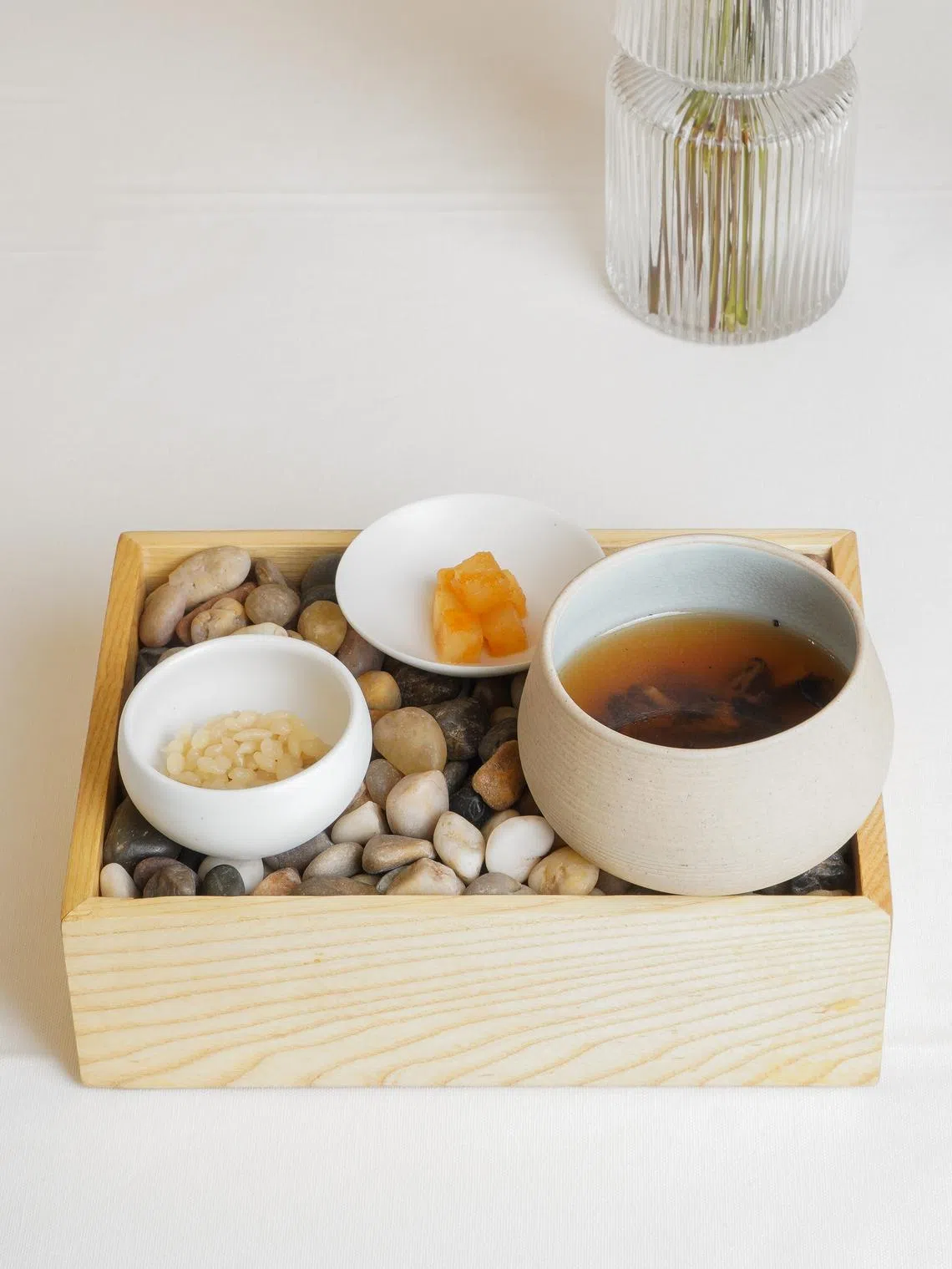
Like Kang, Choi has experienced a surge in recognition and business at his eponymous restaurant, Choi. “I’ve seen a significant increase in visitors which is heartening,” he says, although it hasn’t quite translated into a dramatic rise in revenue.
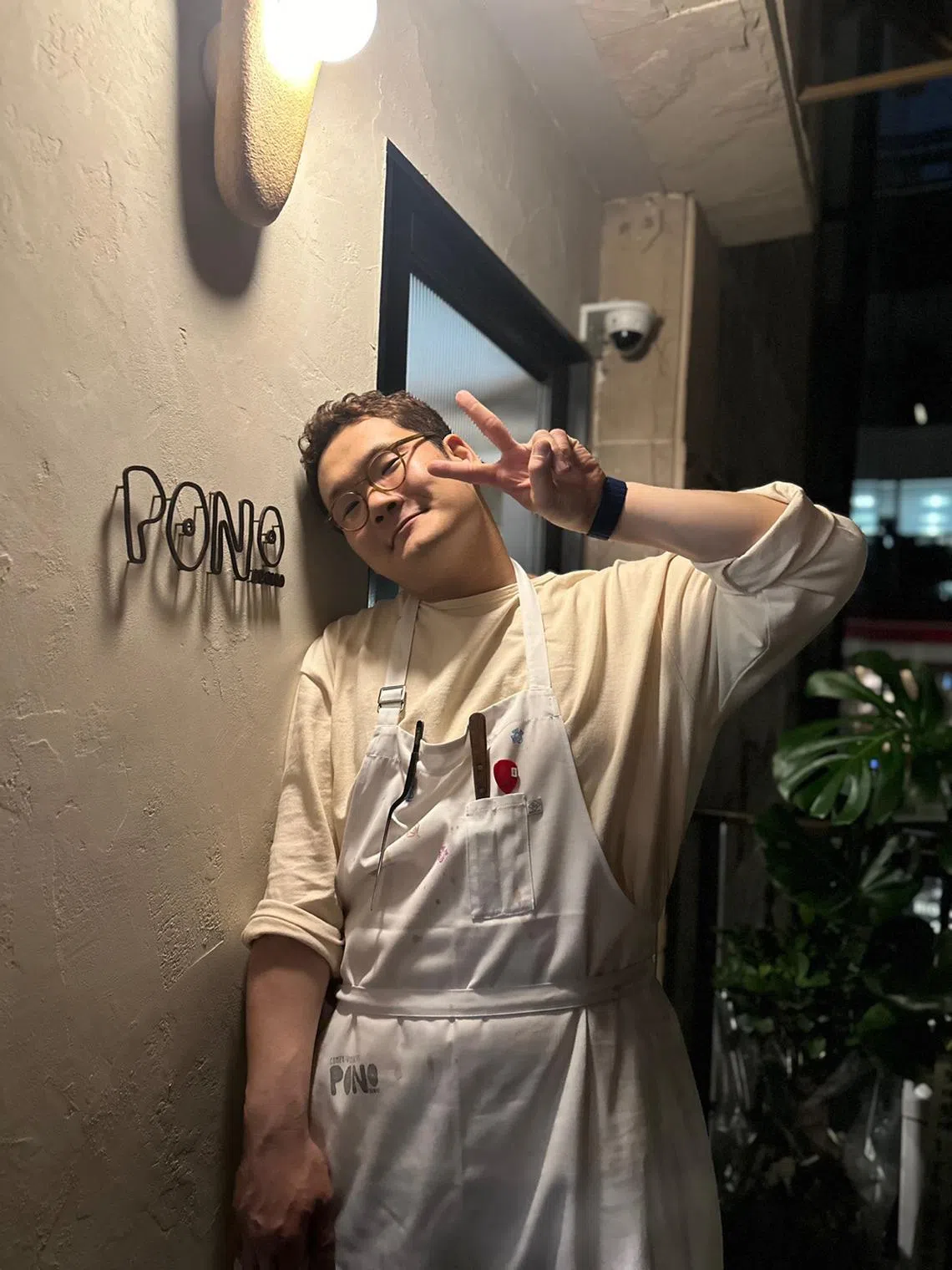
The show hasn’t only been a boon to the fine-dining sector, but also to casual eateries. Kim or “Hidden Genius” moved to the second round of the show with his signature pasta aglio olio – a winning strategy to showcase skilled simplicity against the complicated creations of fellow contestants. The former fine-dining chef now channels his energy into Pono Buono, a casual neighbourhood eatery that is also enjoying a boost in business.
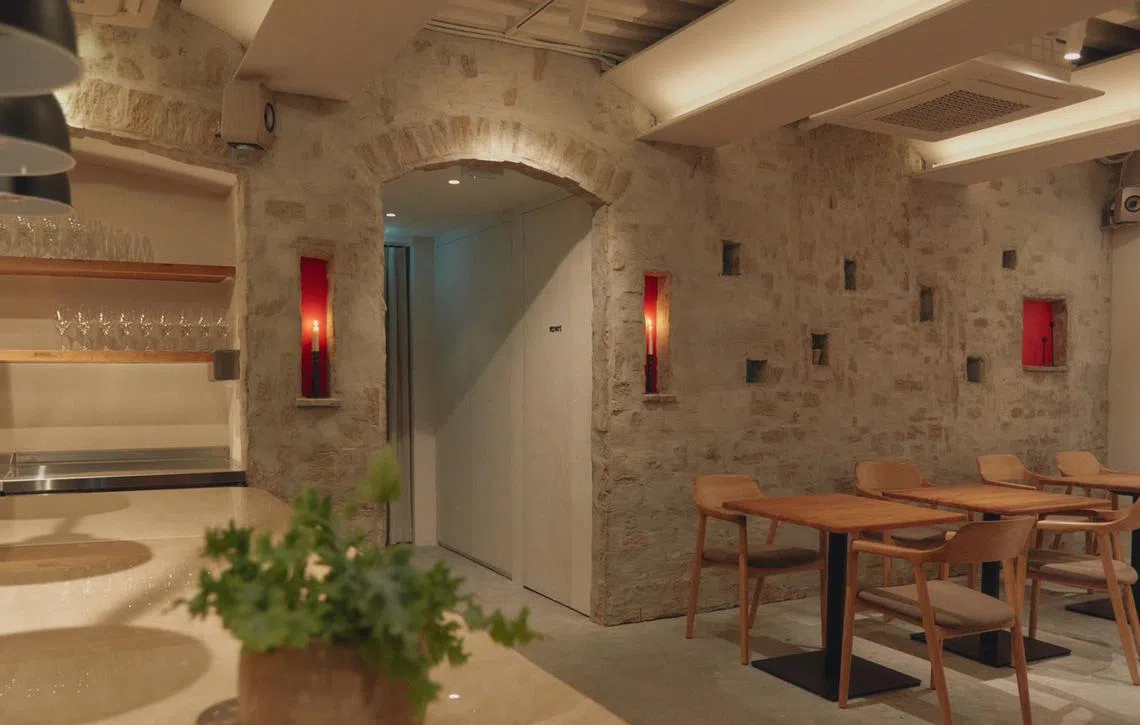
And what of the ultimate winner Kwon Seong-joon or “Napoli Matfia” – the black spoon who beat a legion of entitled white spoons?
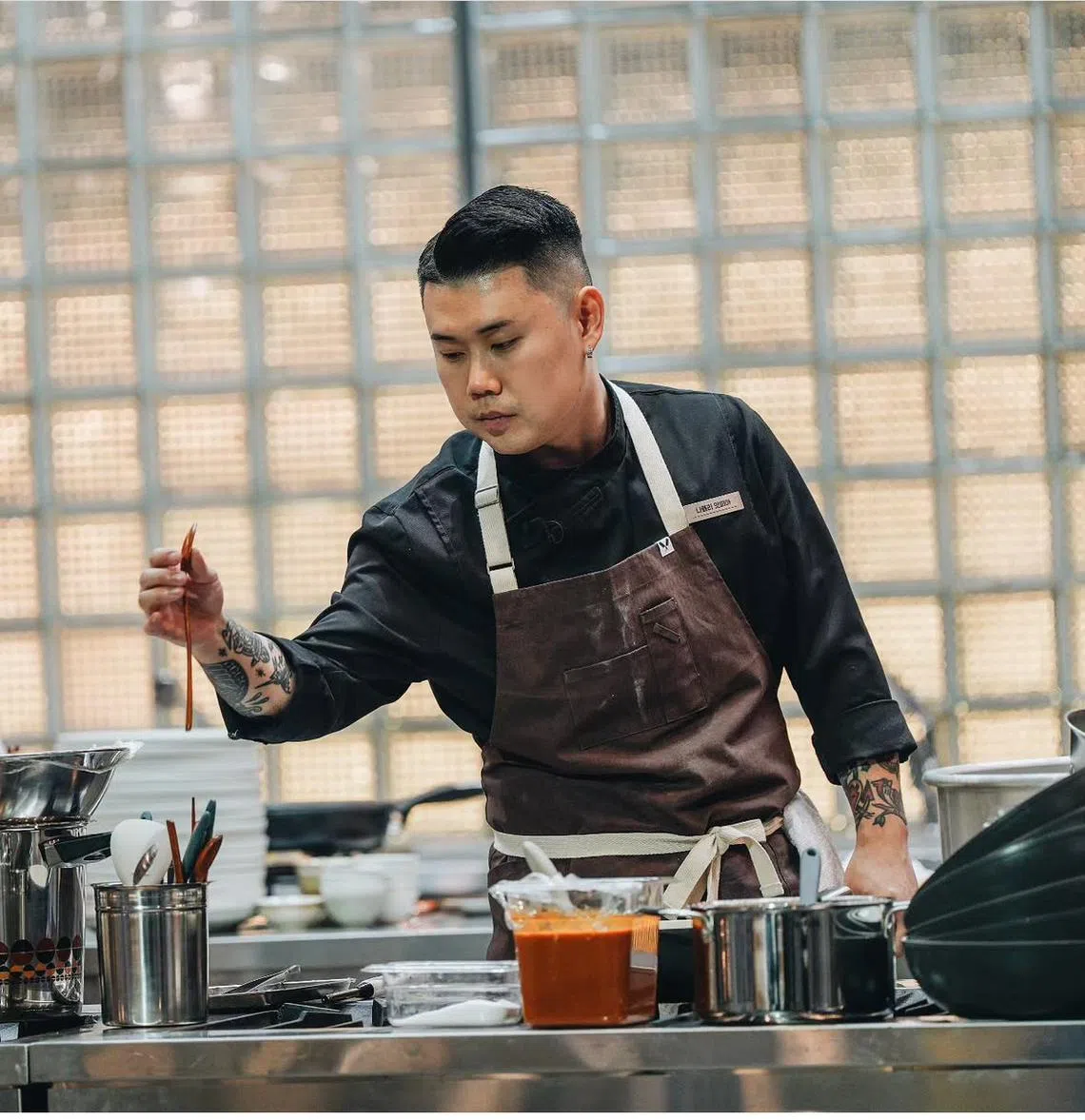
It has been hard for Kwon to walk down the street now, he says, although he’s mindful that fame is fleeting, and he needs to stay grounded.
“This is a once-in-a-lifetime opportunity and I need to work hard,” he emphasises. “It has opened new doors for me, but cooking will always be my main focus.”
The chef-owner of Via Toledo smiles sheepishly when asked what his future plans are.
“I want to make enough money to buy a big house, so my cats have plenty of space to run around.”
Decoding Asia newsletter: your guide to navigating Asia in a new global order. Sign up here to get Decoding Asia newsletter. Delivered to your inbox. Free.
Copyright SPH Media. All rights reserved.









